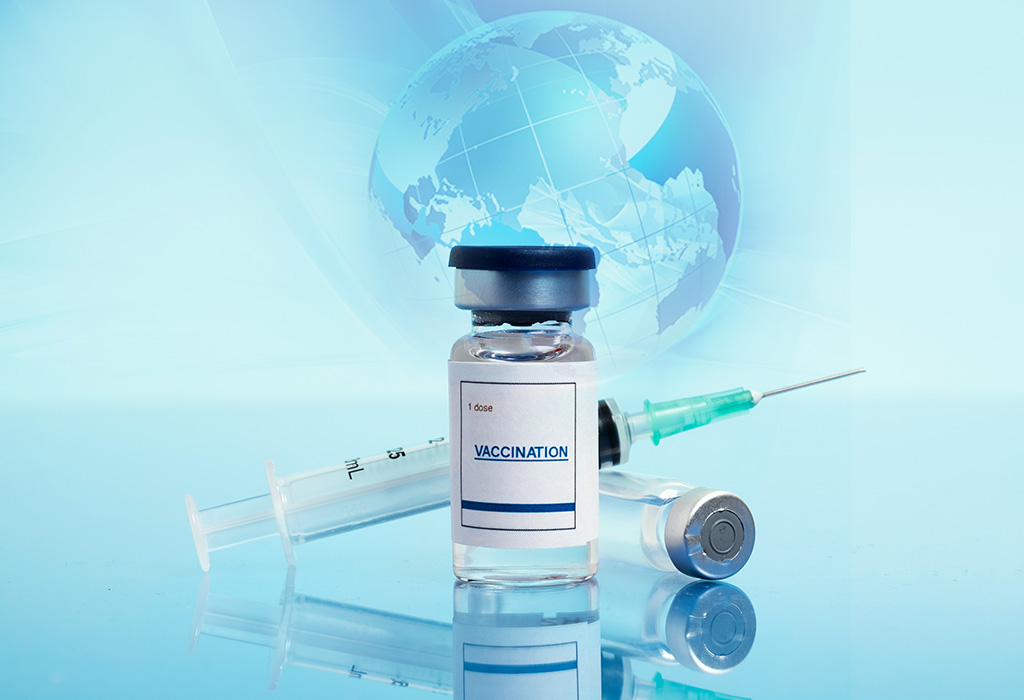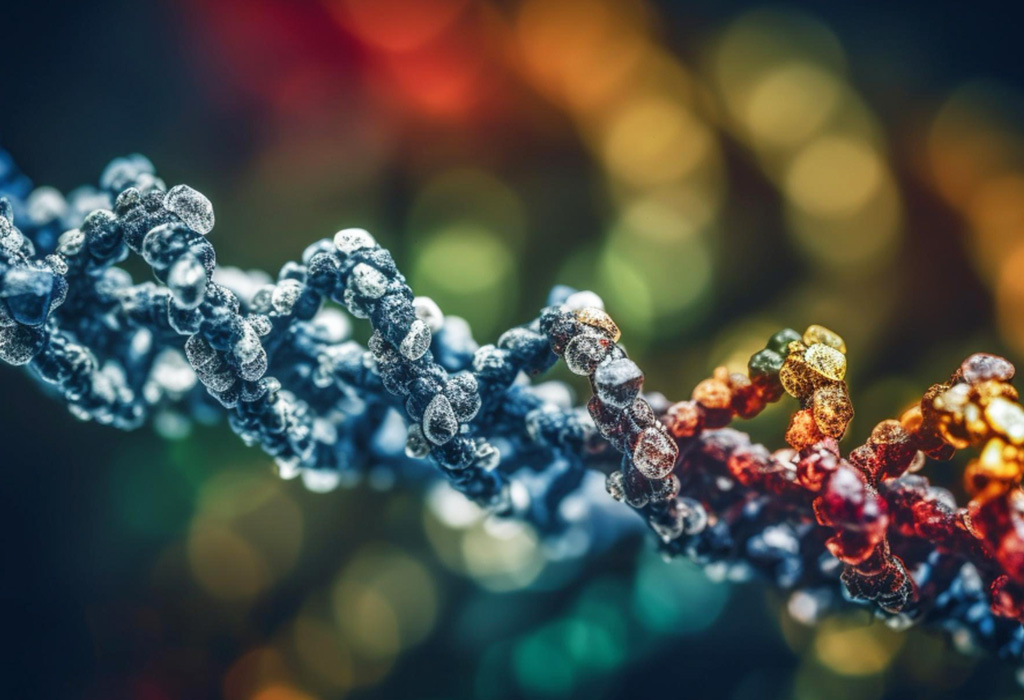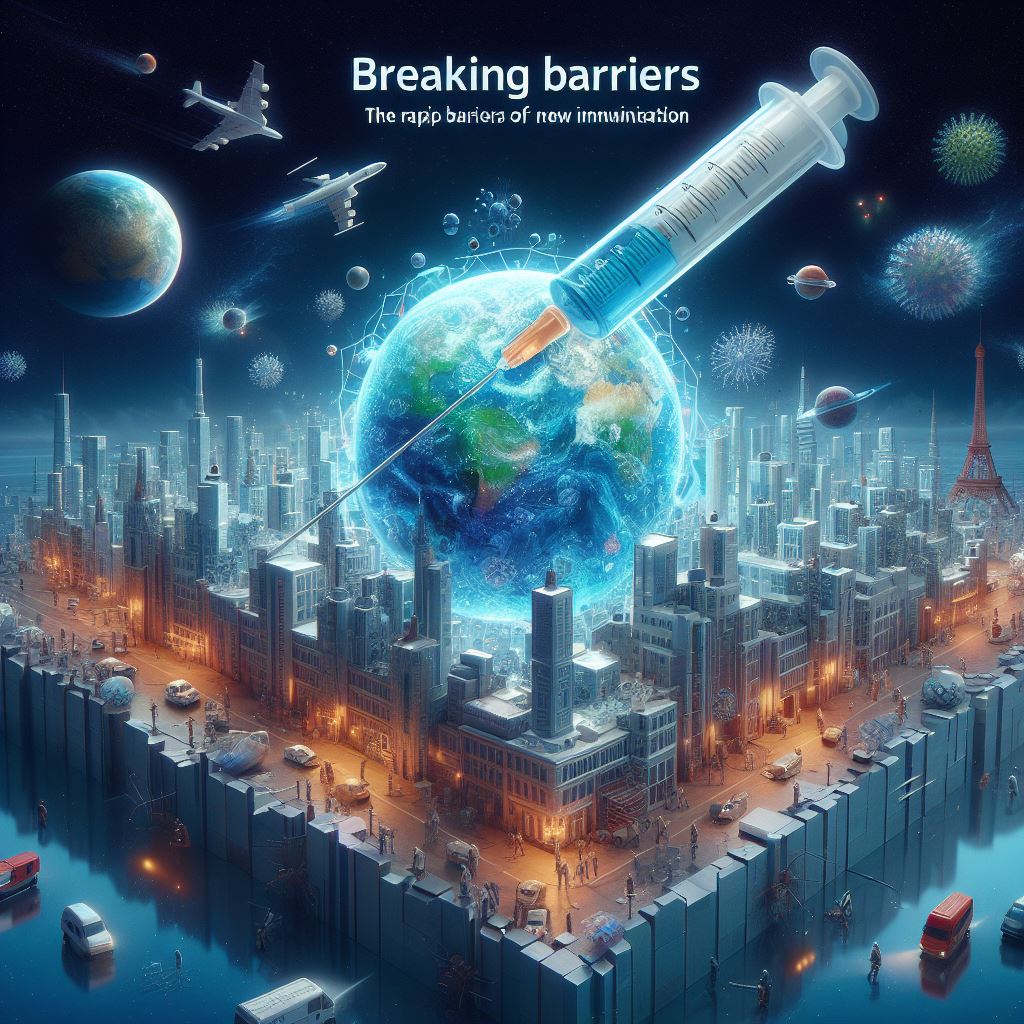In a landmark collaboration that unfolded on November 23, 2023, in Seoul, Korea, the International Vaccine Institute (IVI) and the Korea Advanced Institute of Science and Technology (KAIST), a prestigious institution renowned for its excellence in science and technology education and research, inked a momentous memorandum of understanding (MOU) for global vaccine research collaboration.
KAIST, standing as a leading science and technology university in Korea, boasts world-class research capabilities, particularly in the realms of medical and life sciences. Meanwhile, the IVI holds a prominent position in international research with extensive global networks in the field of vaccines. The MOU symbolized a commitment to harnessing their collective strengths to expedite the development of innovative vaccines and champion global health initiatives.
The signing ceremony, held at KAIST’s headquarters in Daejeon, Korea, witnessed the presence of key figures from both institutions. President Kwang-Hyung Lee and Professor Eui-Cheol Shin of the Graduate School of Medical Science and Engineering, along with Professor Jiho Cha and Kangho Lee of the Moun Soul Graduate School of Future Strategy from KAIST, joined Director General Dr. Jerome Kim, Deputy Director General of Science Man-ki Song, and Deputy Director General of Government and Public Relations Kyung-taik Han from IVI.
The collaborative efforts between IVI and KAIST would span four crucial domains: vaccine immune response analysis projects, collaborative research endeavors with global health partners, reinforcement of research and education in the medical and life sciences, and initiatives aimed at enhancing healthcare access and vaccine availability in developing nations.
In the sphere of vaccine immune response analysis, the two institutions pledged to jointly analyze various vaccines, including those for SFTS, hantavirus, and adenovirus developed by IVI. Leveraging KAIST’s human immune response analysis platform, they aimed to expedite the development of these vaccines and others. The collaborative projects would delve into molecular-level cellular immune response analysis, seek to identify vaccine immune response biomarkers, and provide training on analytical techniques.
Further collaborations with global health partners, such as Kenya-AIST in Kenya and opportunities at KAIST Osong Medical Campus, were on the horizon. The partnership would explore avenues to promote epidemiological studies, vaccination campaigns, and healthcare infrastructure improvement projects in developing countries. Additionally, the institutions would engage in multidisciplinary research collaborations on intellectual property rights and regulations to improve healthcare and vaccine accessibility in these regions.
Prof. Kwang-Hyung Lee, President of KAIST, expressed, “Through our far-reaching collaboration with IVI, including technology transfer, research, personnel exchanges, infrastructure sharing, and contributions to communities, we will strengthen our capabilities in medical sciences such as vaccines and immunology and contribute to global health.”
Dr. Jerome Kim, Director General of IVI, affirmed, “The synergies between IVI’s global network and KAIST’s excellent research capabilities will enable both organizations to accelerate innovative vaccines, improve global health equity, and become world-leading vaccine research organizations.”
Concluding the momentous day, Dr. Jerome Kim delivered a special lecture to KAIST faculty and students on “Current Status and Future Prospects of Vaccine Development for Emerging Infectious Diseases,” marking a significant step towards shared knowledge and progress in the field of vaccine development.





